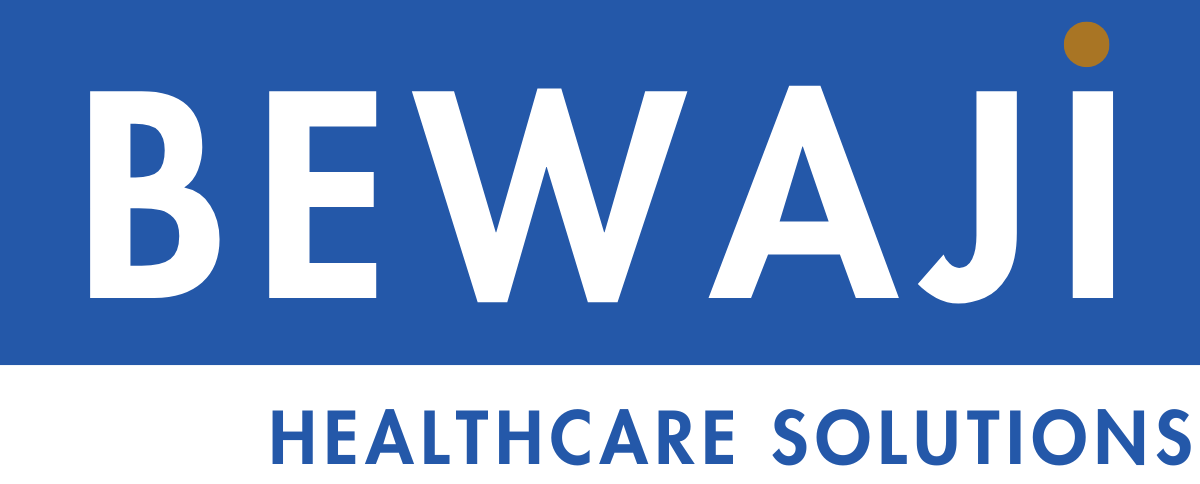In today’s digital landscape, healthcare providers in Jamaica face the critical task of safeguarding patient data while ensuring compliance with the Jamaica Data Protection Act of 2020. In this article, we will explore specific compliance strategies that healthcare providers should adopt to protect patient data in accordance with the Jamaica Data Protection Act 2020. By implementing robust security measures, conducting regular risk assessments, and establishing data breach response protocols, healthcare organizations can enhance data protection and mitigate potential risks.
Implement Robust Security Measures
To safeguard patient data effectively, healthcare providers must prioritize the implementation of robust security measures. Key steps to consider include:
- Access Controls: Establish stringent access controls to ensure that only authorized personnel have access to patient data. Implement strong password policies, user authentication protocols, and role-based access permissions.
- Encryption: Utilize encryption techniques to protect sensitive data both at rest and in transit. Encryption adds an extra layer of security, making it difficult for unauthorized individuals to access and interpret patient information.
- Secure Network Infrastructure: Regularly update and patch software systems, firewalls, and network infrastructure to address potential vulnerabilities. Implement secure Wi-Fi networks and separate guest networks from systems containing patient data.
- Data Backup and Disaster Recovery: Maintain regular data backups and establish robust disaster recovery procedures. This ensures that patient data remains accessible even in the event of a system failure or data breach.
Conduct Regular Risk Assessments
Healthcare providers must conduct regular risk assessments to identify potential vulnerabilities and evaluate the effectiveness of existing data protection measures. Key steps in conducting risk assessments include:
- Identify Data Assets: Identify the types of personal data collected, processed, and stored within the organization. This includes electronic records, paper documents, and any other media containing patient information.
- Assess Potential Risks: Identify potential risks and threats to patient data, such as unauthorized access, data breaches, physical theft, or natural disasters. Evaluate the likelihood and impact of these risks to prioritize mitigation efforts.
- Implement Risk Mitigation Measures: Develop and implement risk mitigation measures based on the identified risks. This may include implementing additional security controls, updating policies and procedures, or providing training to employees on data protection best practices.
- Regularly Review and Update Risk Assessments: As technology, regulations, and organizational structures evolve, it is crucial to periodically review and update risk assessments to ensure ongoing compliance and effectiveness of data protection measures.
Establish Data Breach Response Protocols
Preparing for a potential data breach is an essential part of compliance with the Jamaica Data Protection Act 2020. Establishing data breach response protocols can help minimize the impact on patient data and ensure timely and appropriate actions. Key steps to consider include:
- Develop an Incident Response Plan: Create a comprehensive incident response plan that outlines the steps to be taken in the event of a data breach. This includes designating responsible personnel, establishing communication channels, and outlining the actions to be taken to contain and investigate the breach.
- Notification Procedures: Define clear procedures for notifying patients, regulatory authorities, and other relevant parties in the event of a data breach. Ensure compliance with the required timelines for reporting data breaches as stipulated by the Jamaica Data Protection Act 2020.
- Provide Employee Training: Conduct regular training sessions to educate employees on recognizing and reporting potential data breaches. Employees should understand their roles and responsibilities in maintaining data security and responding to breaches promptly.
- Learn from Incidents: Following a data breach, conduct a thorough post-incident analysis to identify weaknesses in existing security measures and response protocols. Use these lessons to improve security practices and minimize the risk of future breaches.
Conclusion
Compliance with the Jamaica Data Protection Act 2020 is crucial for healthcare providers in Jamaica to protect patient data and maintain their trust. By implementing robust security measures, conducting regular risk assessments, and establishing data breach response protocols, healthcare organizations can significantly enhance their data protection practices. It is essential to continually monitor and update these strategies to adapt to evolving threats and regulatory requirements. By prioritizing the safeguarding of patient data, healthcare providers can ensure compliance with the Jamaica Data Protection Act 2020 and contribute to a secure and privacy-conscious healthcare environment.

